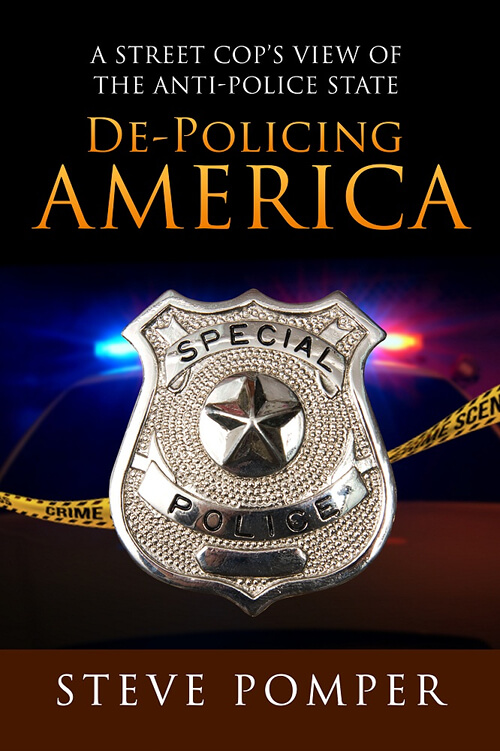Sometimes when controversies arise circumstances pit good people on one side of an issue against good people on the other. Such is current situation involving Seattle police officers, some of whom have banded together to sue the Department of Justice and city entities over the new, and severely flawed, police use of force policy. But, what happens when good people decide to do bad things to those other good people?
Regarding the federal lawsuit recently filed by over 125 Seattle police officers, a few facts must be understood. Many people wonder why so much of the support for the suit came from the North Precinct compared with the other precincts. One simple reason is that the lawsuit organizers began informing officers, logically, where they are currently assigned: the North Precinct. It is logical to assume that the suit would have attracted similar support from the other precincts.
Next, the organizers attempted to expand awareness by informing officers from other precincts about the lawsuit. However, SPD commanders and the Guild worked to prevent the information about the lawsuit from getting out to police officers. The SPD is not the largest police force in America, but with five precincts and three watches for some 1300 sworn officers, information does not automatically broadcast across the department. This is true especially when city and guild leaders make a concerted effort to prevent that information from being disseminated.
Regardless of whether one supports or opposes legal action to address the dangerous new use of force policy, those who are supporting the lawsuit have nothing more than officer safety as a primary motivator. Admittedly, many officers do harbor resentment for the DOJ and for good reasons, after all, who would feel kindly toward someone who slandered his or her professional conduct? However, officer and public safety are the preeminent motivations.
The embarrassing thing about the guild’s (as directed by its president) behavior is in its apparent lack of trust in its membership to have all of the information about issues that affect them in order to make intelligent and responsible decisions. Unfortunately, the guild, instead of intelligent and responsible decisions, may be more interested in making political decisions.
Here is a firsthand example of an organized effort to prevent officers from learning about the lawsuit: Prior to my recent retirement, I wrote a farewell article for The Guardian. In the original article, as submitted, I’d written, “I urge everyone to support the efforts to fight the DOJ injustice by supporting the civil rights lawsuit. Any officer who takes the time to read the complaint will easily see the necessity, logic and even life-saving aspects of this courageous effort. Please sign the petition in support of this legitimate grievance on behalf of all of Seattle’s cops. It’s too bad our commanders aren’t publicly championing this for us. A damned shame, actually.” This passage was censored before publication and the article appeared without it. The Guardian is mailed out to every member of the police guild.
The reason this censorship is more significant than it might seem is, Police Guild President Ron Smith, a very good man, which makes this all the more astonishing, after having censored this call for officer support in the union newspaper, spoke publicly about a “lack of support” for the lawsuit.
After telling KIRO TV that the officers are, “wasting their time,” Smith said, “most officers refused (emphasis mine) to sign the suit. ‘The Seattle Police Officers Guild is made up of about 1,250 members. One hundred and twenty six, that’s less than 10 percent, took this action. That’s 90% who didn’t.”
I don’t think any further embellishment is necessary to emphasize the disingenuousness of this statement meant to disparage fellow officers, all of whom, a guild president is elected and sworn to represent. Smith could have addressed the opposition without using such a smarmy political technique.The sad truth is, the lack of support was the result of some officers simply not knowing about the suit and other officers feeling intimidated into not signing it.
After actively preventing officers from even knowing about the lawsuit, to imply that ignorance of the lawsuit is akin to refusing to sign it, is blatantly dishonest and shows disrespect for what is supposed to be an open and transparent process, which should allow intelligent police officers to make up their own minds on issues that affect their safety.
When good people are in disagreement on an issue, it is imperative that respect for both sides be maintained and that each gives the other the benefit of the doubt. However, in no case should a police guild ever hold their members in such contempt.


0 Comments